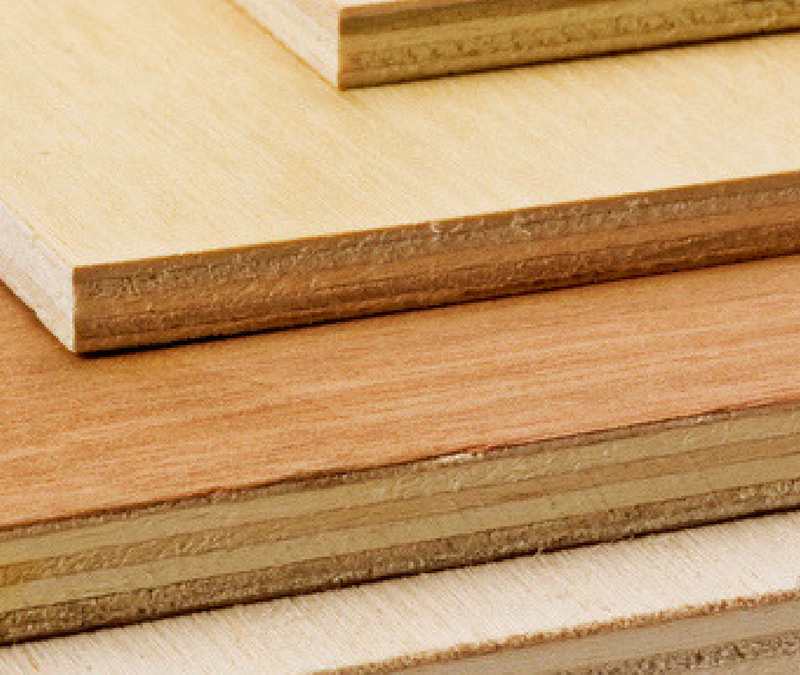
An update on the anti-dumping case before the Commerce Department.
Hardwood Distributor’s Association- Many people are wondering about the latest decision by the Commerce Department and what it means for hardwood plywood. We’ll do our best to clear up some of the questions.
Did Chinese Companies “Dump” Hardwood Plywood?
Yes. The U.S. Commerce Department reached a preliminary determination on June 19, 2017 that some Chinese companies are, in fact, dumping certain hardwood plywood products in the United States.
A Commerce Department investigation found that exporters from China had sold hardwood plywood used for wall panels, kitchen cabinets, tabletops and flooring in the United States for as much as 114.72 percent below fair value, the department said in a statement.
The merchandise subject to this investigation is hardwood and decorative plywood and certain veneered panels. All hardwood and decorative plywood is included within the scope of this investigation regardless of whether or not the face and/or back veneers are surface coated or covered and without regard to dimension or thickness. Excluded from the scope of the investigation were wooden furniture and kitchen cabinets, including RTA. Also excluded are finished table tops, finished countertops, and laminated veneer lumber door and window components.
What Penalties Were Imposed?
The department preliminarily set an anti-dumping margin of 114.72 percent for Shandong Dongfang Bayley Wood Co Ltd and a margin of 57.36 percent for other respondents eligible for a separate rate. A rate of 114.72 percent was set for other Chinese producers who belong to a China-wide entity, the Commerce Department said.
Mandatory respondent Linyi Chengen Import and Export Co Ltd was determined not to be dumping and was not assessed any anti-dumping margin, the department said.
As a result of the decision, the Commerce Department will instruct U.S. Customs and Border Protection to require cash deposits from the firms based on those preliminary rates. Linyi Chengen will not be subject to a cash deposit rate.
How Did This Start?
The investigation was launched after the Coalition for Fair Trade in Hardwood Plywood initiated a complaint on behalf of itself and its members, six private firms in New York, Oregon, and North Carolina.
What Does This Mean for Pricing and Availability?
That’s a great question! We wish we had a magic eight ball and could figure that out. Past industry trends show that this may result in a rise in the cost for imported plywood. There are also possibilities of shortages throughout the supply chain as pricing and supply adjustments are made.
If you regularly purchase hardwood plywood products, work with your distributor to plan for any pricing or inventory changes ahead of time.



